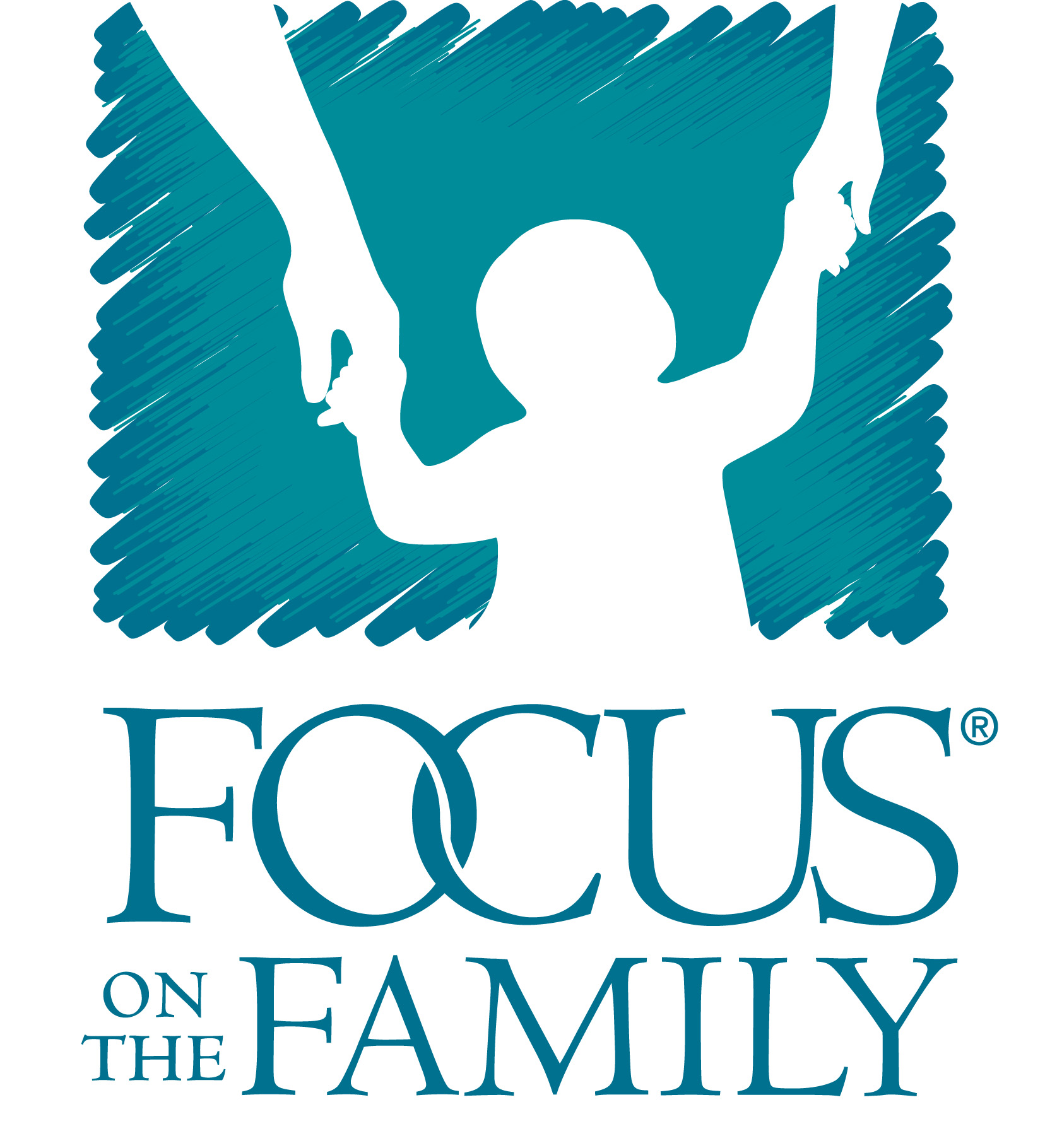
Just outside my kitchen window, a robin built her nest under the eaves of our patio roof. I loved watching her tuck grasses into a safe spot and then hunker down to incubate the eggs. Each morning I checked her progress but each morning, there was nothing. Robin eggs take two weeks to hatch.
Such impatience isn’t new for me. I’ve always strained against the work of waiting, especially in prayer. My husband and I waited nearly five years to adopt our first child. Decades ago, author Catherine Marshall wrote, “Prayers, like eggs, don’t hatch as soon as we lay them.”
The prophet Habakkuk wrestled with waiting in prayer. Frustrated at God’s silence with Babylon’s brutal mistreatment of the southern kingdom of Judah, Habakkuk commits to “stand at my watch and station myself on the ramparts,” to “look to see what he will say to me” (Habakkuk 2:1). The Lord replies that Habakkuk is to wait for the “appointed time” (v. 3) and directs Habakkuk to “write down the revelation” so the word can be spread as soon as it’s given (v. 2).
What God doesn’t mention is that the “appointed time” when Babylon falls will be six decades away, creating a long gap between promise and fulfillment. Like eggs, prayers often don’t hatch immediately but rather incubate in God’s overarching purposes for our world and our lives.
Source: Our Daily Breat

 Focus on the Family
Focus on the Family